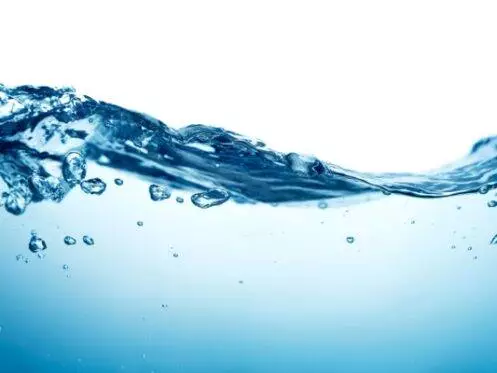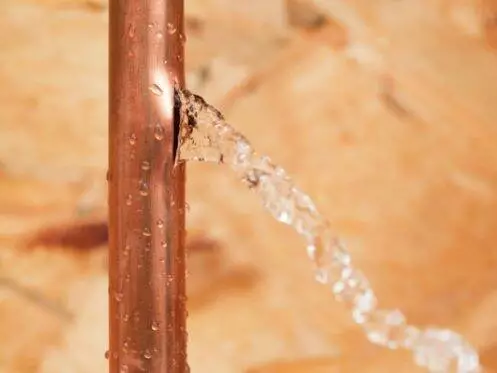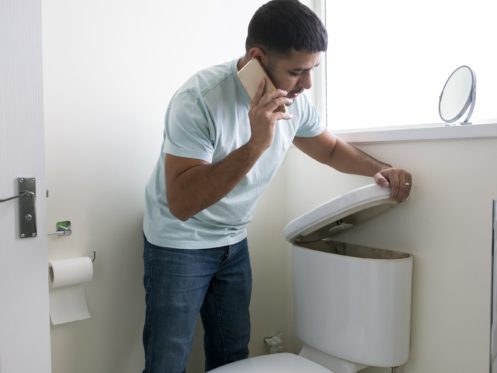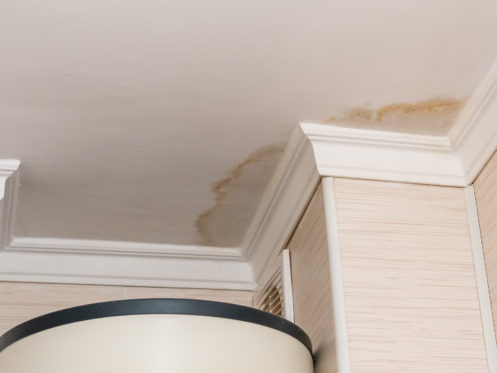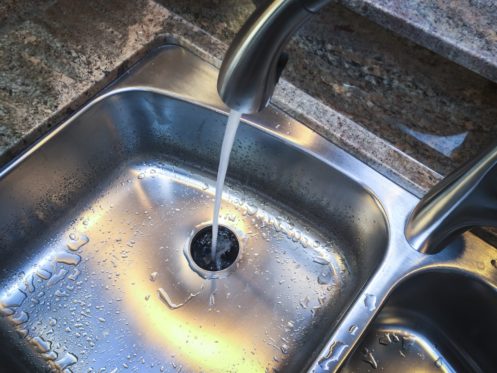Why Homes Should Install Whole House Water Filters
If homeowners are questioning the safety of their water supply, they could benefit from a water treatment system. These systems will give them peace of mind that their water is safe for drinking, bathing, cleaning, and other daily tasks.
Whole home water filters remove harmful particles from water, including sediment, bacteria, and other contaminants. Gilbert, AZ, plumbers explain how these systems work, the benefits they provide to households, and when they need to add one to their house.
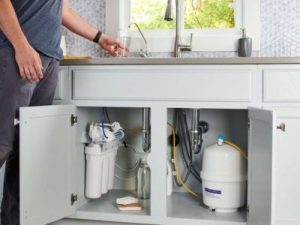 What Homeowners Need to Know About Water Treatment Systems
What Homeowners Need to Know About Water Treatment Systems
If households are worried about their water quality, they have a solution. A water treatment system can remove contaminants to make the water healthy and safe for consumption.
Property owners have many options when selecting a water treatment system. Some of the most common whole-house water filtration systems include whole-house carbon filters and reverse osmosis systems.
Carbon filters absorb contaminants from the water to improve the home’s water. Reverse osmosis systems only let water flow through the filters – preventing contaminants from getting through.
Other popular types of filters are:
- UV Water Purifiers: These units use UV rays to destroy bacteria and viruses to purify water.
- Ceramic Filters: These systems have tiny pores preventing contaminants from entering the water supply.
- Ion Exchange Systems: These units perform an exchange that swaps out unwanted ions for less harmful ones.
- Distillation Systems: These systems turn water into steam to remove contaminants and then condense the steam back into pure water.
Another water treatment system households can benefit from is water softeners. These units remove hard water, preventing buildups from forming on plumbing appliances and fixtures.
 Benefits of Water Filtration Systems
Benefits of Water Filtration Systems
Water filtration systems provide numerous benefits to households. The main advantage is they remove bacteria and contaminants from the water, keeping households safe and healthy.
Other advantages include providing better tasting and smelling water, protecting plumbing appliances by removing hard water, and saving homeowners from the need to buy bottled water.
Signs Homes Need a Water Filtration System
While many homeowners might understand the benefits of a water filtration system, they may not know when to schedule a water filter installation. Fortunately, plumbers can help.
Experts can perform a water quality test to determine if contaminants are present. There are also signs homeowners should watch for, including if the water has a brownish tint or if it smells or tastes odd.
Households should also watch for signs of hard water. White crystals forming on plumbing fixtures, brittle hair, or dry skin can all indicate hard water in a house.
Another sign property owners should pay attention to is frequent plumbing issues – including clogs.
About Travis & Sons Plumbing & Rooter
Since 1989, the team at Travis & Sons Plumbing & Rooter has provided fast and affordable plumbing services. They have an A+ rating and are available 24 hours a day for emergency services. Call them today for water filtration services in Gilbert, AZ.

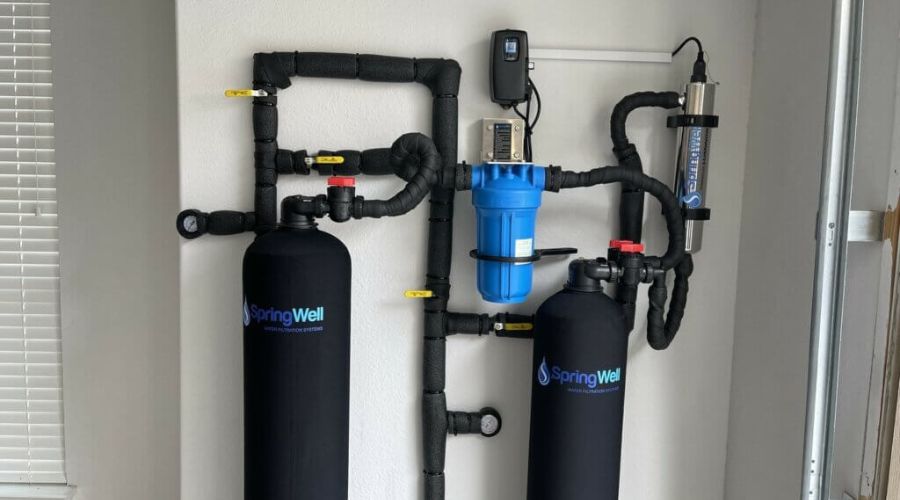
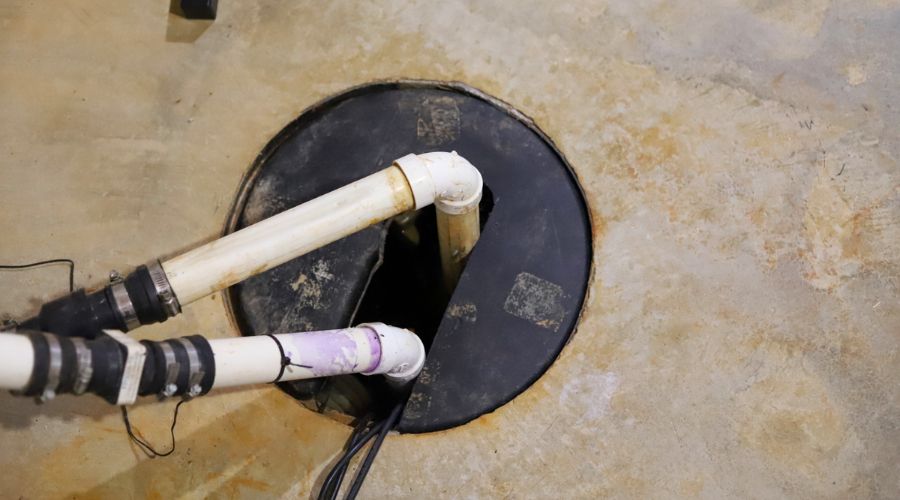
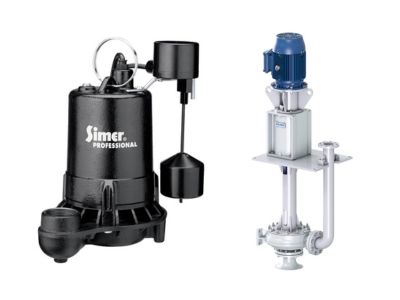 There are many types of
There are many types of 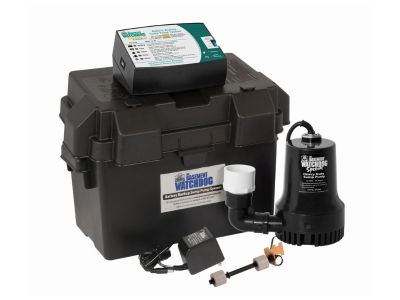 Some homeowners might also opt for a secondary or a
Some homeowners might also opt for a secondary or a 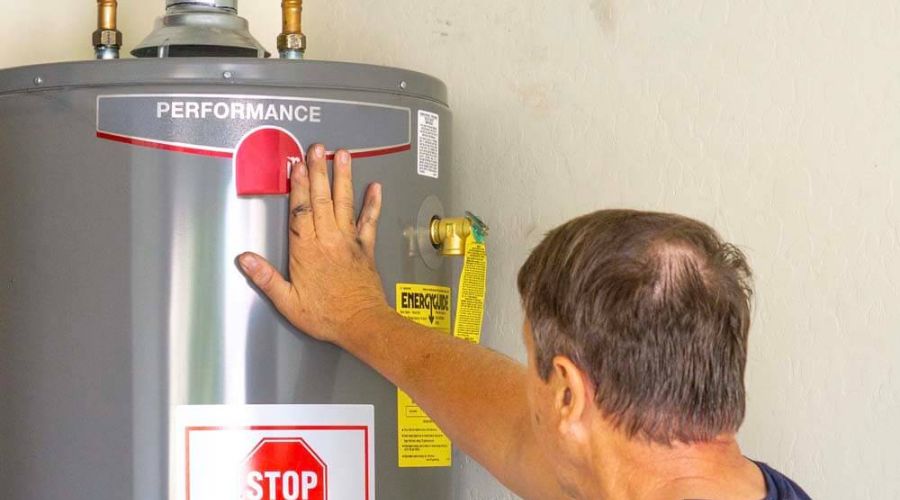
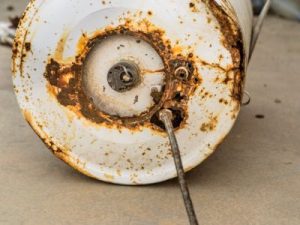 Corrosion in the Hot Water Tank
Corrosion in the Hot Water Tank Lack of Hot Water
Lack of Hot Water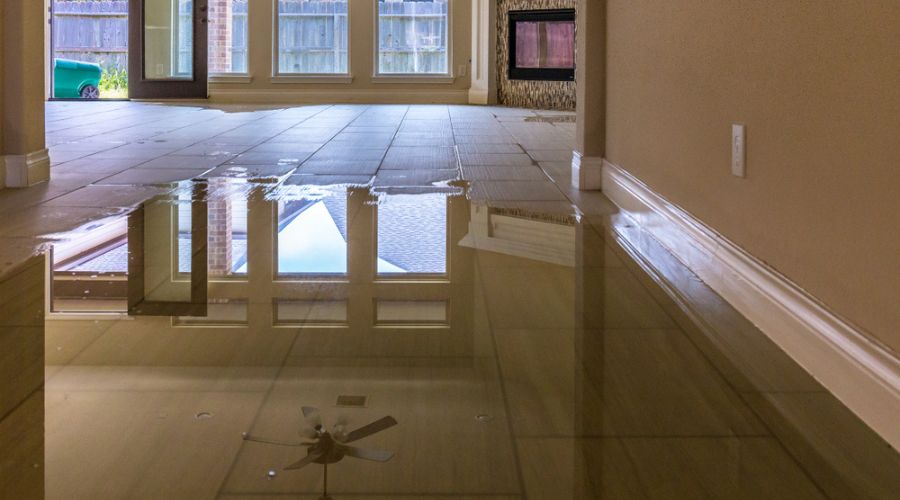
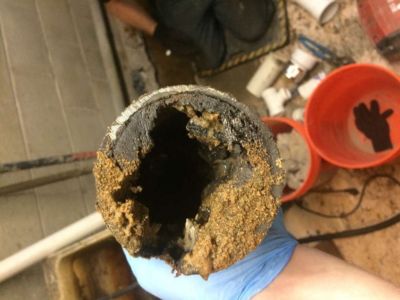 A clogged pipe can put homes at risk of a burst pipe. A blockage in the pipe can lead to increased pressure in the line, causing it to burst eventually. Homeowners can prevent these from occurring by taking steps to remove clogs or prevent them from forming in the first place. One of the top methods property owners can use is to schedule regular drain cleaning services. During these appointments, plumbers can remove clogs or clean residue and debris from the lines using
A clogged pipe can put homes at risk of a burst pipe. A blockage in the pipe can lead to increased pressure in the line, causing it to burst eventually. Homeowners can prevent these from occurring by taking steps to remove clogs or prevent them from forming in the first place. One of the top methods property owners can use is to schedule regular drain cleaning services. During these appointments, plumbers can remove clogs or clean residue and debris from the lines using 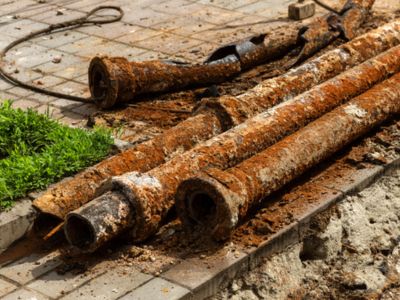 Corrosion and decay can cause pipes to deteriorate, putting them at risk of pipe bursts.
Corrosion and decay can cause pipes to deteriorate, putting them at risk of pipe bursts.